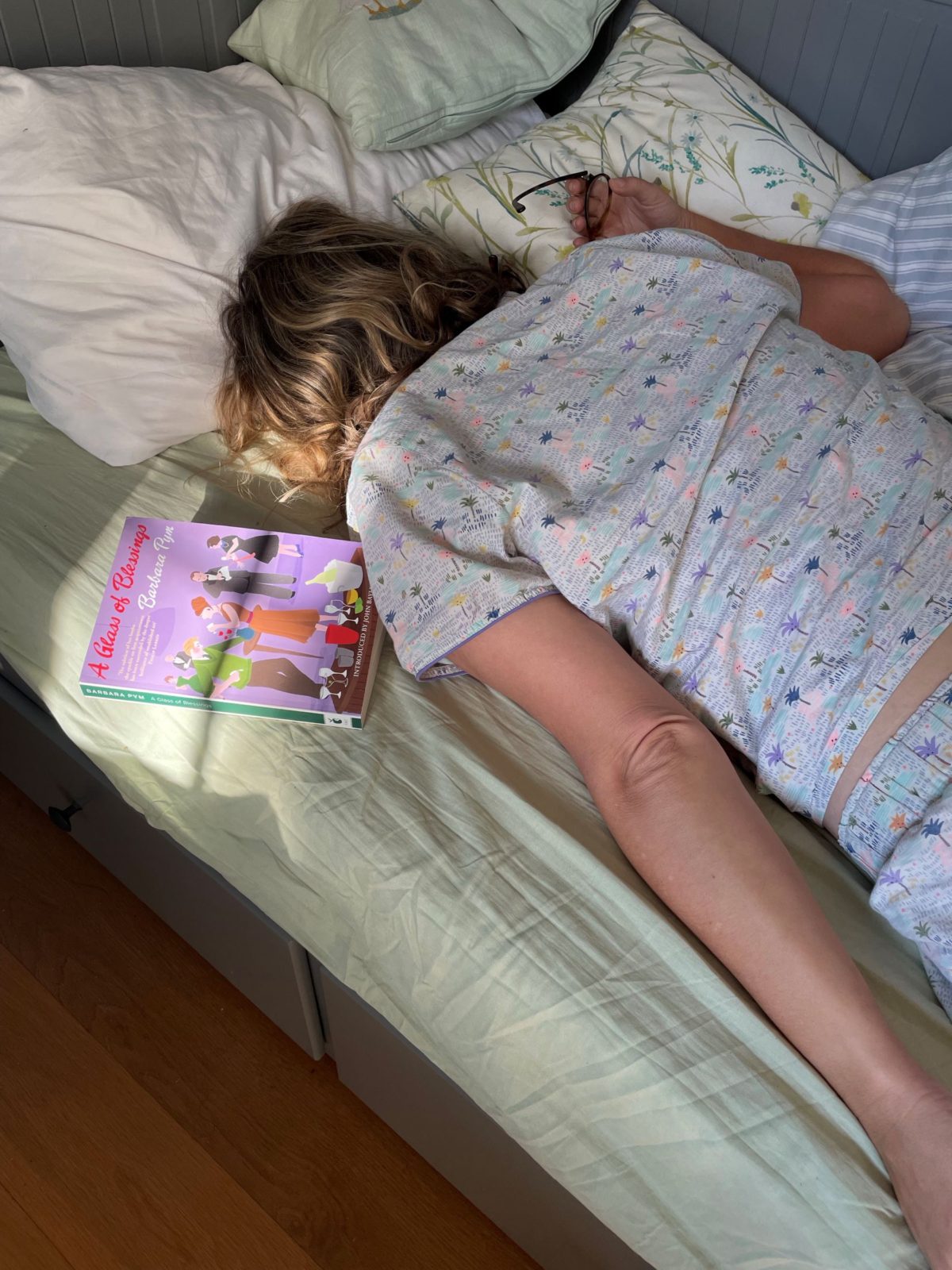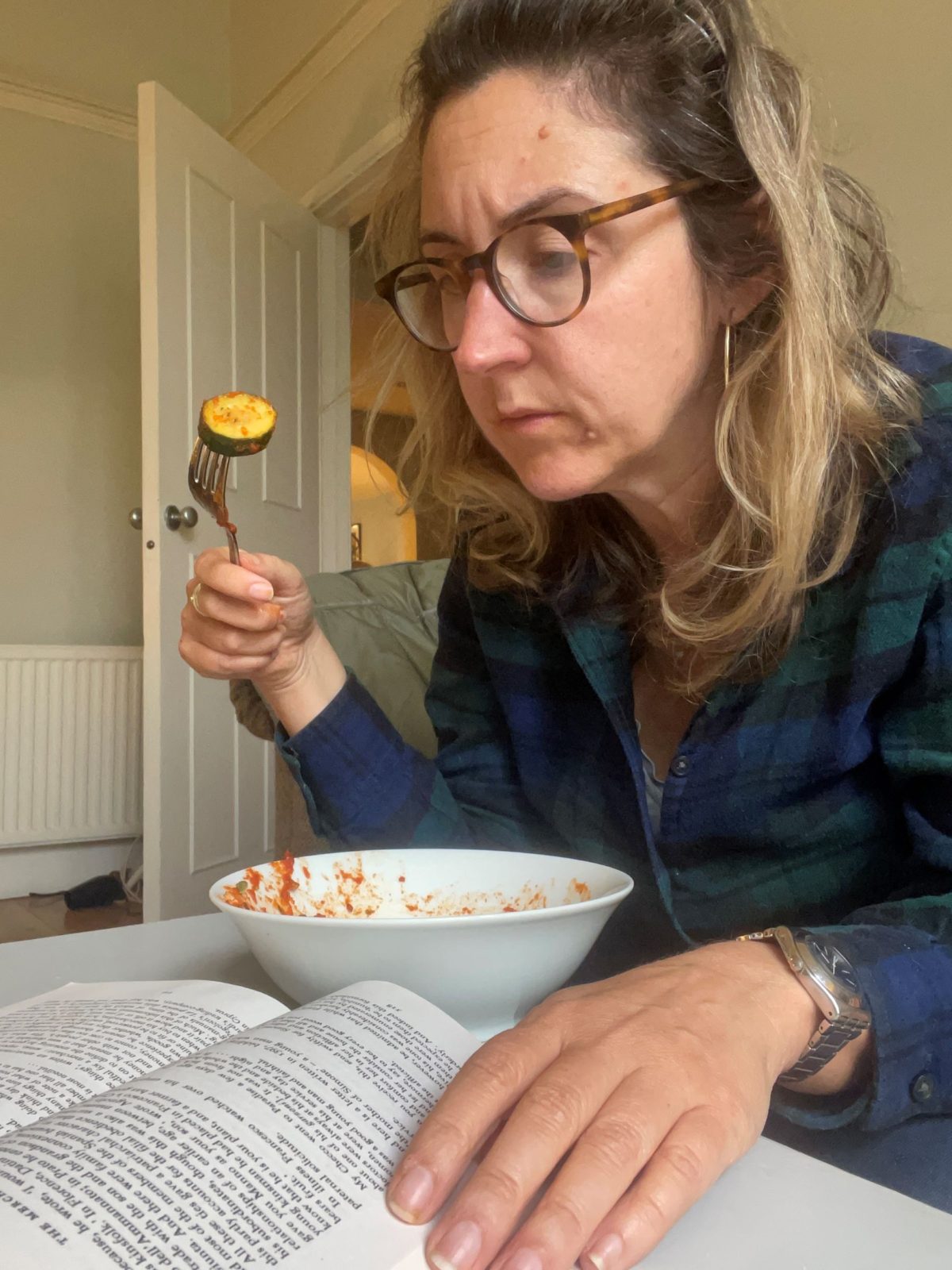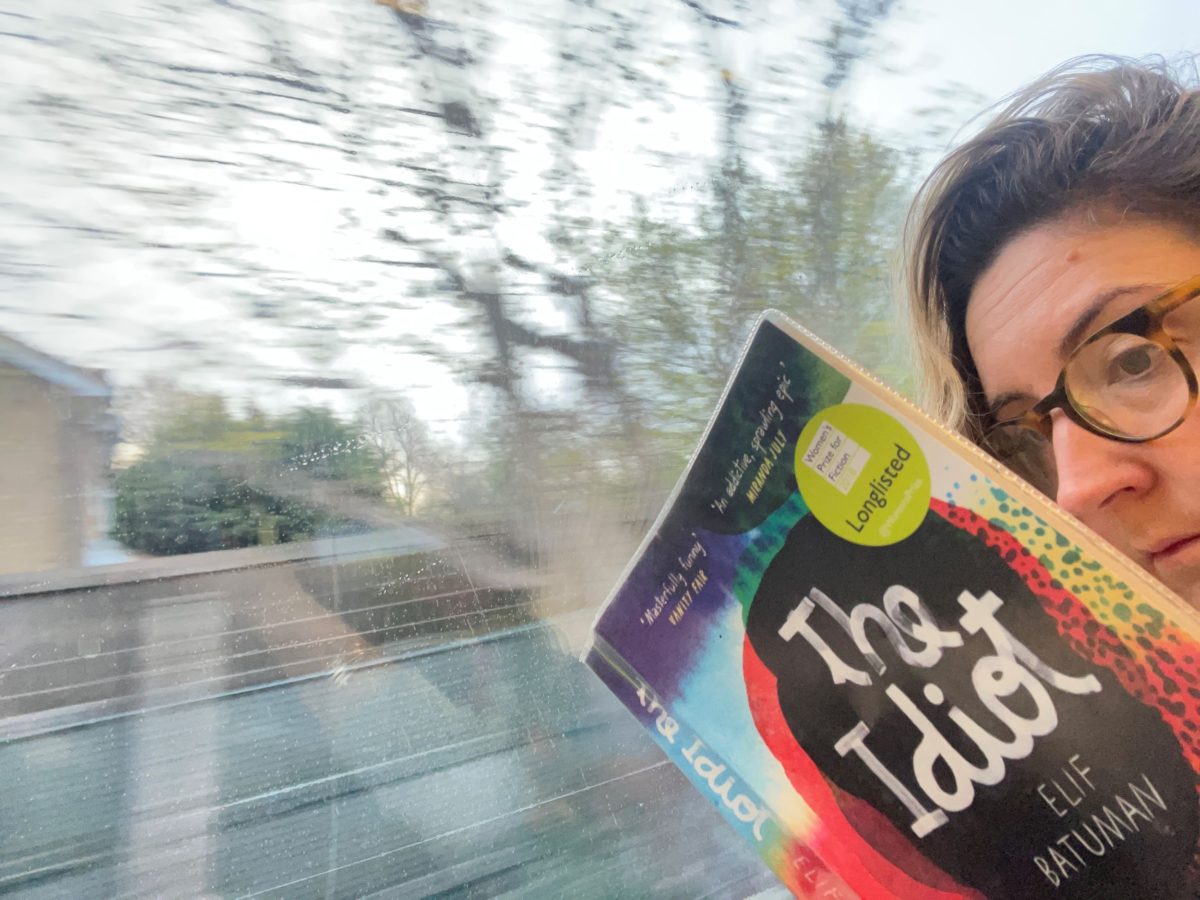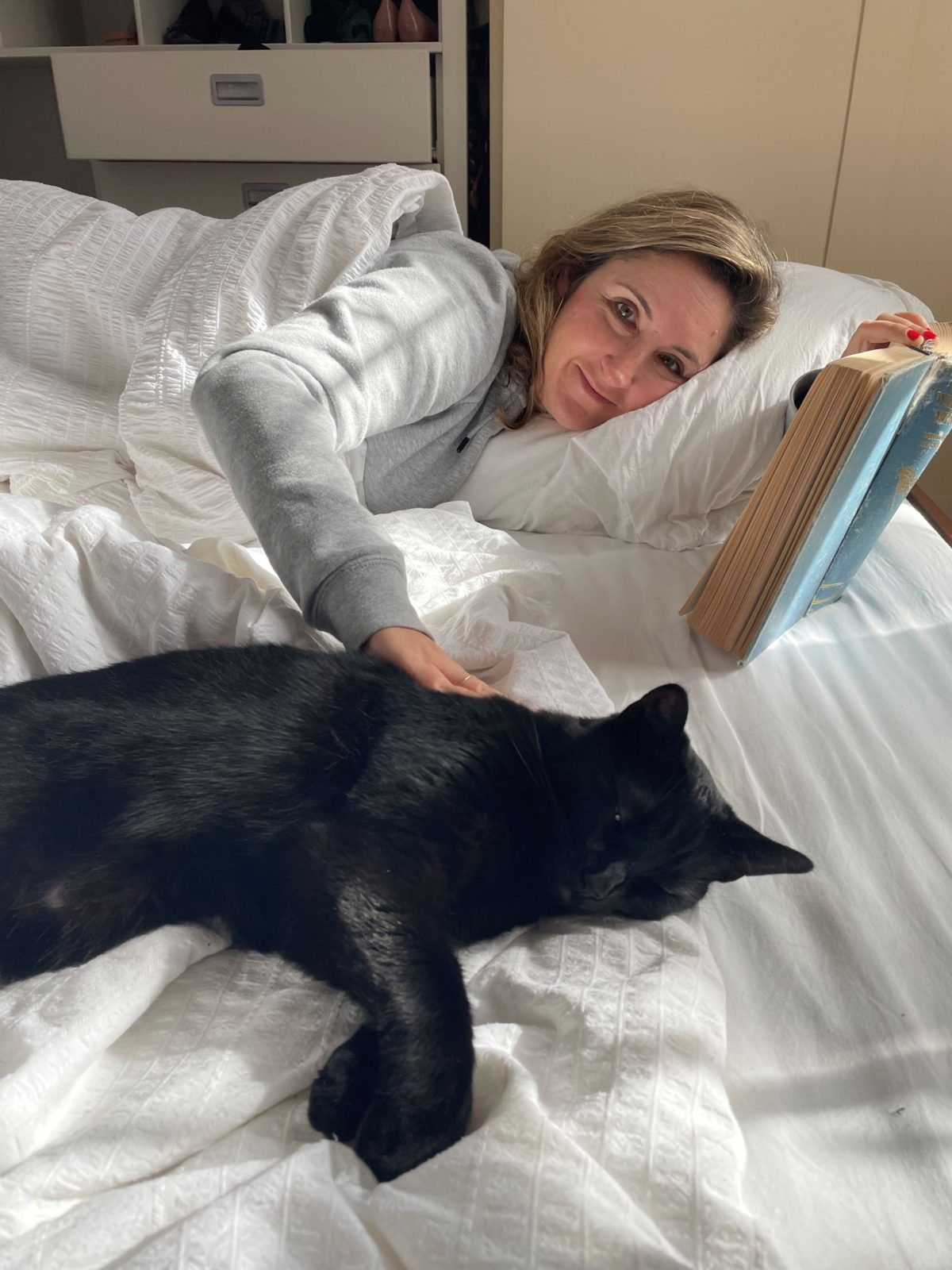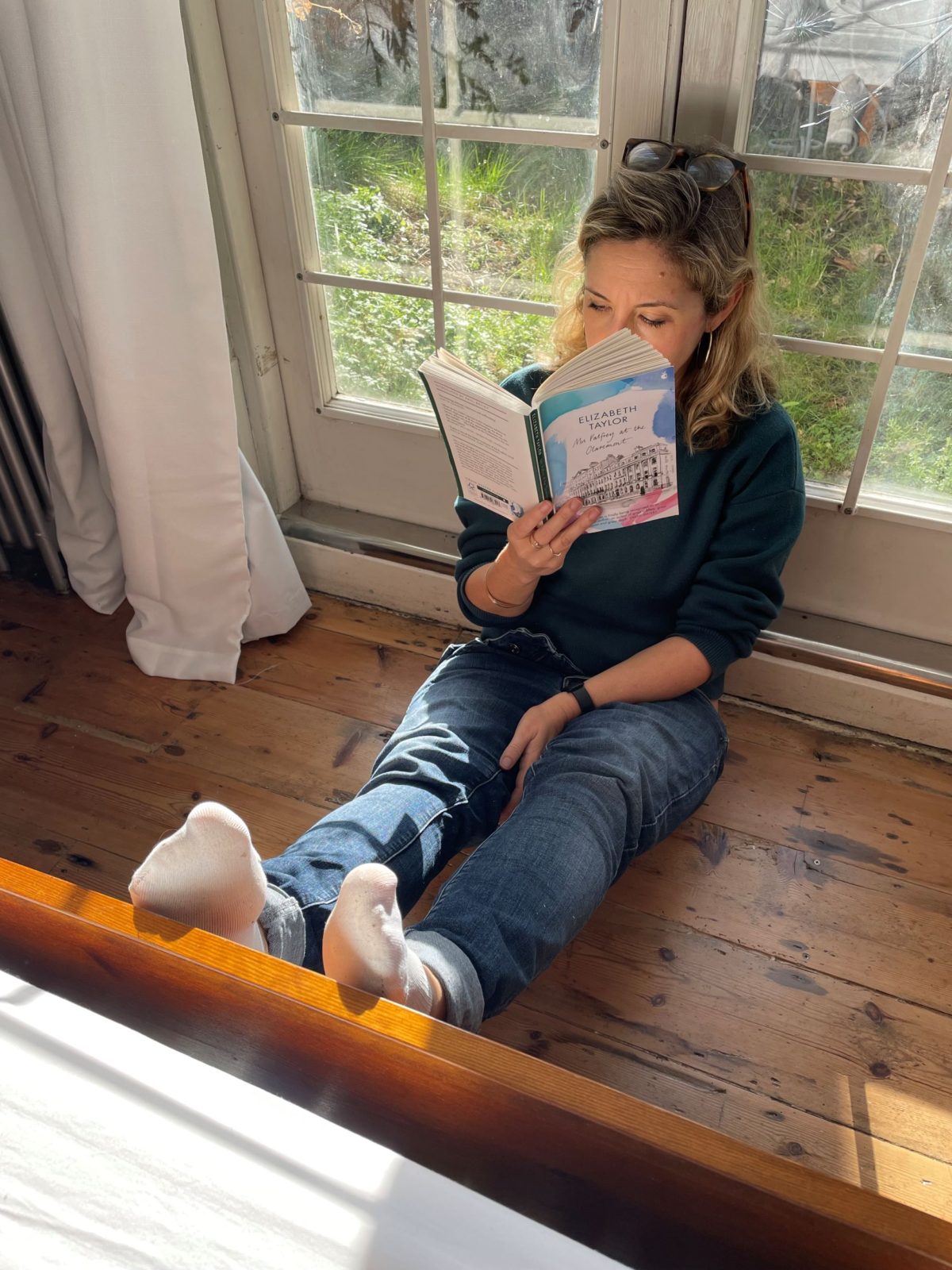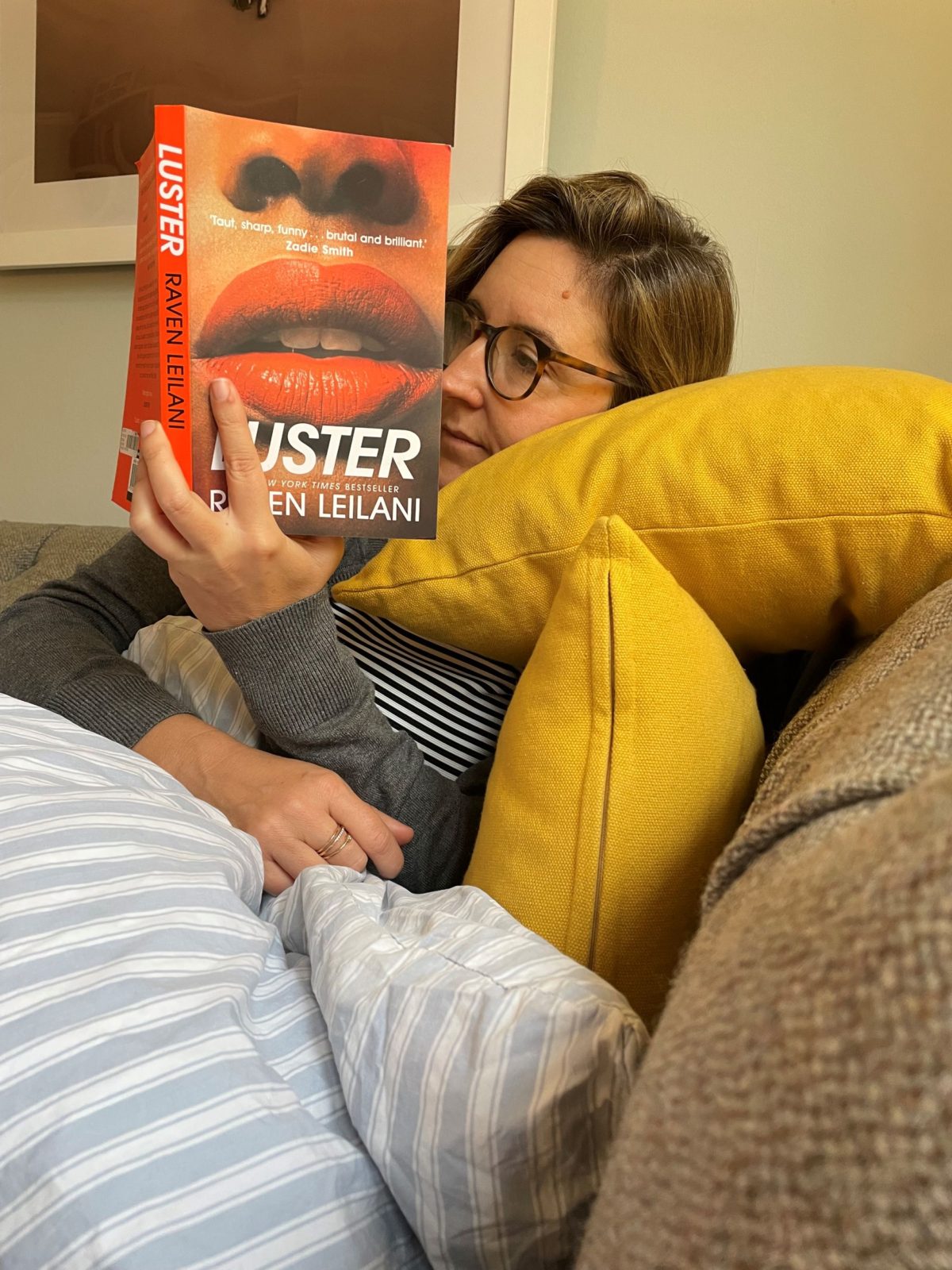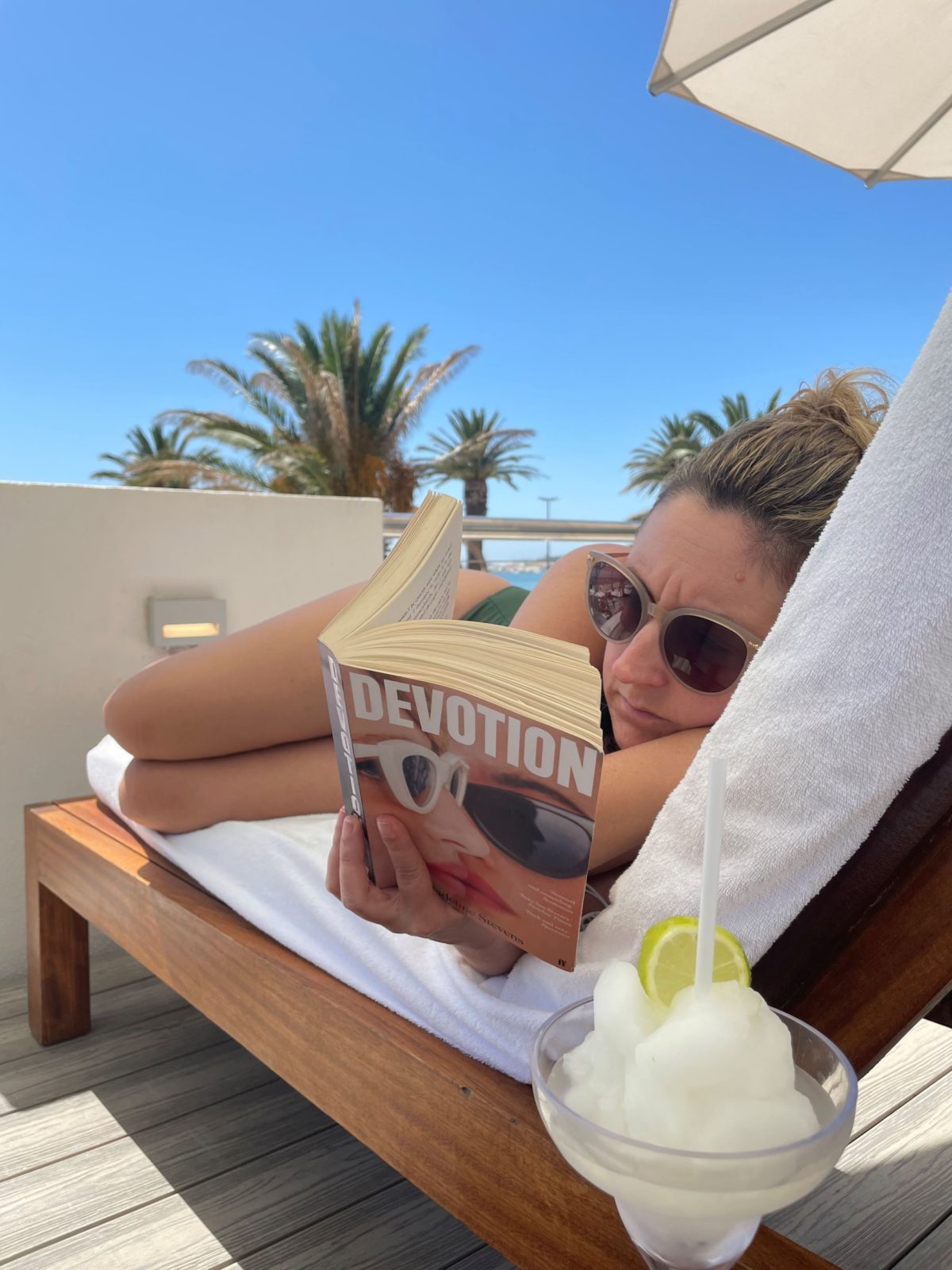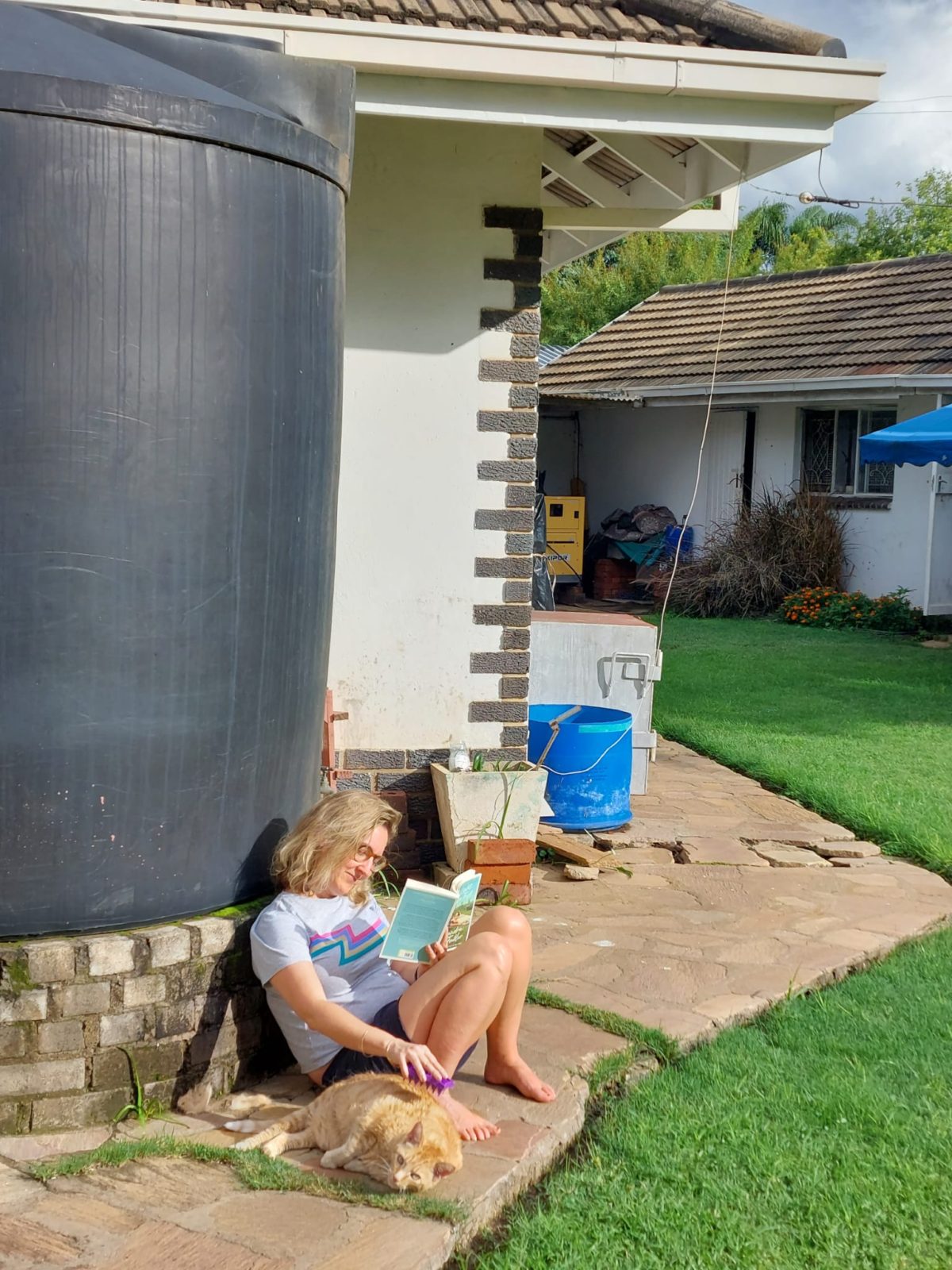This is my fourth novel of Pym’s, and some say it is her best. It was I am afraid too subtle for me. It tells the story of a fairly contented married woman, who half-considers an affair. It turns out that the guy she considers is actually gay. Or at least that is what I think might be being implied.
It was kind of a funny book. Here is the woman, sitting in a beautiful house in a bombed out area:
It made me sad to think of the decay and shabbiness all around, and the streamlined blocks of new flats springing up on the bombed sites, although I supposed it was a good thing that children should now be running about and playing in the square gardens, their shouts and laughter drowned by the noise of the machinery that was building hideous new homes for them
And yet it was also kind of sad. Here she is wondering about her proposed lover’s ‘roommate’ who she had been told is his ‘colleague.’ She starts to wonder in what sense he is a colleague.
I remembered with a pang Piers saying that we were all, in a sense, colleagues in the grim business of getting through life
I have enjoyed all Pym’s other books, and think she is a wonderful writer, so this book worries me. I feel like there is something profound in it, but I seem to have missed it.

